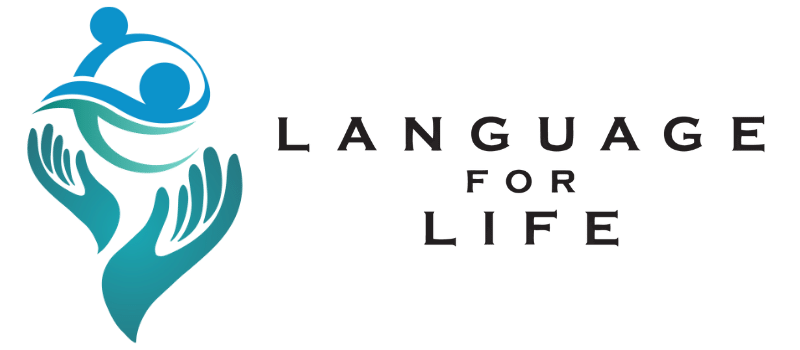Music therapy is an approach taken by modern science and medicine to leverage its power in order to flourish improvements on cognitive functions and other disabilities. This intervention will also promise to enhance more cognitive development of many age groups who undergo this therapy. In this blog; the core benefits of this mode of therapy is further discussed.
Reducing Anxiety and Stress
One vital benefit of music therapy is its natural soothing properties which provides relaxation that indirectly benefits cognitive functions while reducing levels of stress and anxiety regardless of any age. Most of the entire population of the world are reported to be suffering from anxiety and stress which is also very common among people. And one indirect benefit of engaging in music therapy is the ability to lower blood pressure, reduce rapid pulse rates and decrease cortisol levels which are often elevated due to been stressed at all times.
Enhancing Memory and Recall
Music pave ways to different memory routes in our brain center and via music therapy it has shown to be very effective in boosting memory and recalling. It is ideal to integrate different melodies and rhythms in activities like studying or recalling any studied material for better results. Many rehabilitation centers have let their patients enjoy music or any rhythmic tunes to enhance the functionalities of their brain like preserving one’s memory and developing the chance of recalling specially to patients who are diagnosed with irregular memory losses.
Supporting Motor Skills Development
To individuals regardless of the age who possess motor skill challenges will have refined and developed skills over time by occupying music to their treatment. Activities like creating rhythms via playing instruments or coordinately moving to a song are some of them. By engaging in choreographed movements to music, coordinating to time and rhythm and using handheld instruments like drums etc will make fine improvements in motor skills over time as the brain learns to coordinate body movements to auditory cues.
Development in Creative Thinking and Problem Solving
Individuals participating in therapies involving music sessions are more likely to possess improved creative thinking and enhanced problem-solving skills where they can explore different solutions to solve issues that may seem enormous and impossible to solve. These music activities tend to challenge the brain to operate in unpredictable situations and to figure the way out of issues as individuals over time is able to develop strategic thinking and discover many pathway solutions to address a single problem.
Improving Attention and Concentration
Music therapy sessions that also include focusing on rhythms and tunes have the potential to develop one’s attention span which is very useful for people with attention deficit disorders. The rhythmic components of music will maintain the focus and concentration of the listener. While actively listening to music an individual can develop one’s span of concentration and attention over time.
Improving Sleep Quality
Music therapy aids to help people with sleep disorders as listening to music often or engaging in any music therapy sessions over time can improve sleep patterns and the quality of sleep to any individual in any age group. This mode of therapy is flexible to any personality or person.
Conclusion
Music therapy is a worldly recognized and recommended holistic approach in developing many areas such as enhancing memory, attention, communication skills and cognitive functions of any age category. So, it is worth noting the benefits of this therapy in order to foresee how we could optimize music for our betterment in life.
Refference


